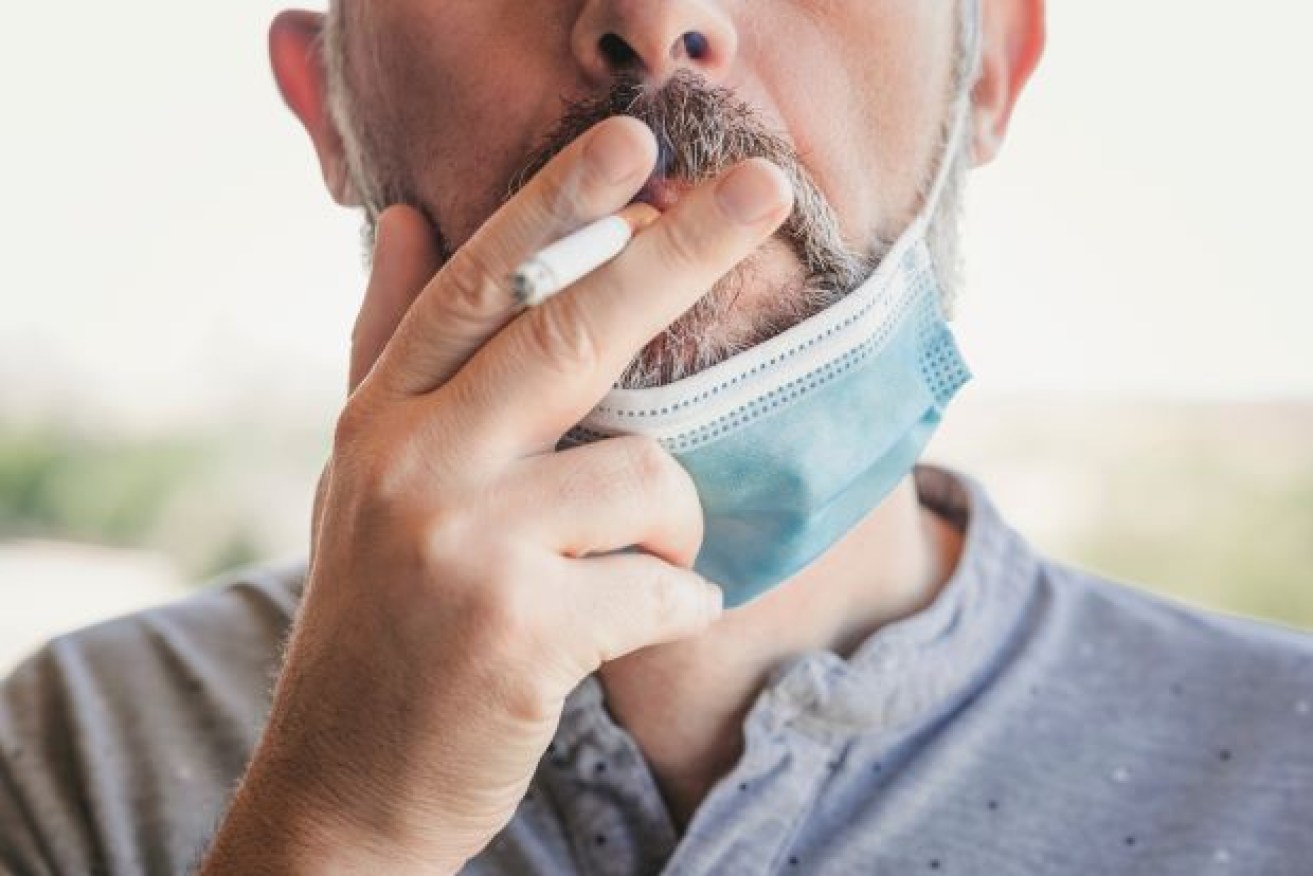Bad habits: Research shows more people took to smoking during pandemic
Australians’ nicotine consumption increased significantly during the early stages of the Covid-19 pandemic, University of Queensland researchers say.

Consumption increased by 30 per cent in the early stages of the virus, and was significantly higher in the first half of 2020 than in the second half of 2019, the researchers found.
The increase coincided with Australia’s first wave of Covid cases measures being implemented including lockdowns, working from home and social distancing.
Lead researcher Phong Thai theorised people could have been smoking more to manage higher stress levels or taking up greater opportunities to smoke or vape while working from home.
Dr Ben Tscharke, also from UQ’s Queensland Alliance for Environmental Health Sciences, added people could resort to activities like smoking to alleviate anxiety when under extreme stress.
“The introduction of lockdowns, social distancing, isolation and the general uncertainty about the danger of Covid-19 placed significant stress on people,” Tscharke said.
“Our findings suggest the social and economic impacts of the pandemic may have decreased motivation to quit smoking or contributed to a relapse in smoking among people who recently quit.”
Nicotine consumption decreased again as Covid restrictions eased but remained higher than pre-pandemic levels, the research found.
It was important to support efforts to quit given smoking could cause higher morbidity and mortality risks than Covid in Australia, Tscharke said.
In Australia and globally, smoking is the leading preventable cause of illness and premature death.
The research analysed data from the National Wastewater Drug Monitoring Program.












